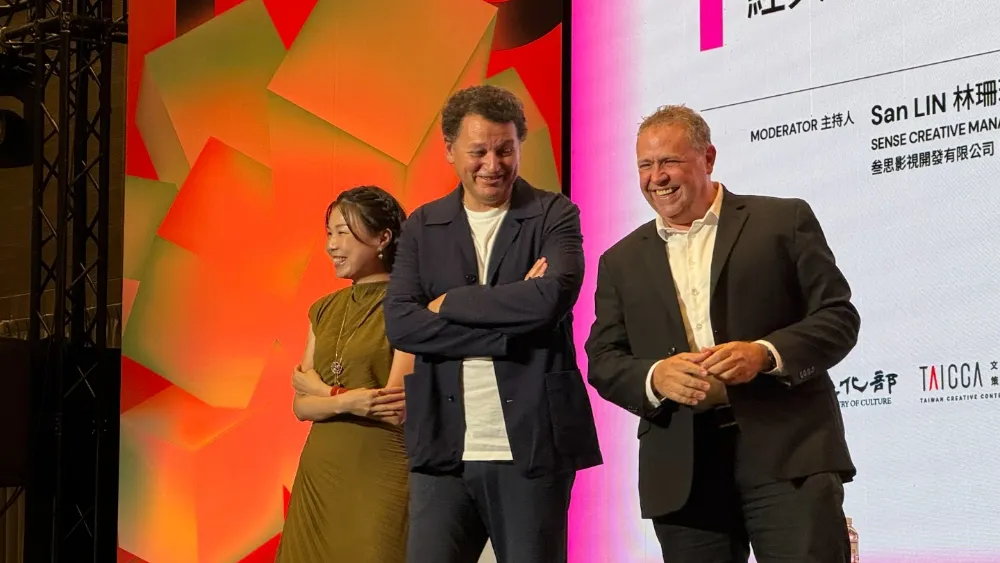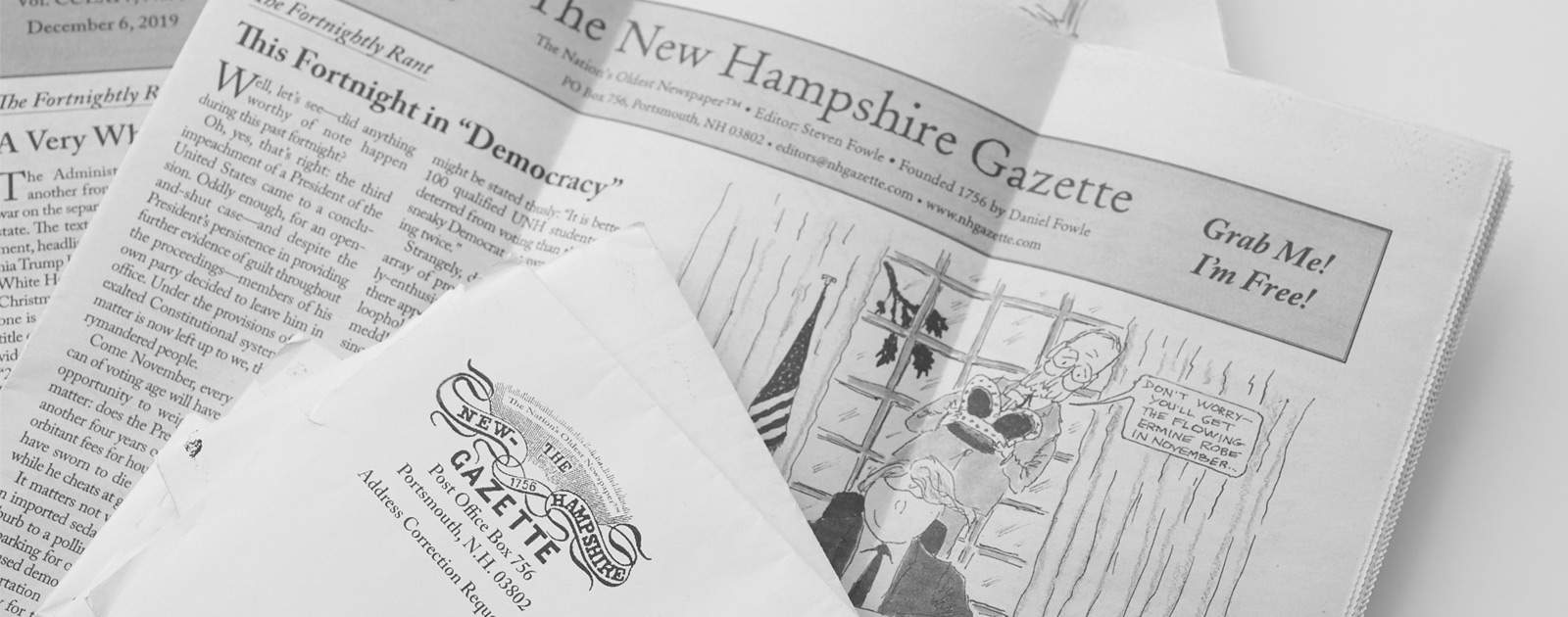Copyright Variety

Mediawan Kids & Family is diving into the microdrama space with plans to launch its first vertical animation short-form content next year, president Julien Borde revealed at the Taiwan Creative Content Fest. Speaking on a panel focused on cross-media IP adaptation, Borde said the animation industry is “really ready” for the burgeoning short-form trend that has dominated Asian markets. “The writers know very well how to tell a story in very, very short form,” he told the audience at the event. The move signals a significant strategic move for the Paris-headquartered production and distribution company, which operates more than 80 production companies globally including Method Animation, the studio behind “The Little Prince” franchise. While Borde acknowledged that “Asia and Europe and Western countries in general are less advanced than Asia” in both live-action and animated micro-content, he expressed enthusiasm about the format’s potential. The microdrama discussion highlighted ongoing challenges around monetization and subsidies. Laurent Duvault, vice president of business development and audiovisual rights at Media Participations-Mediatoon, noted that European subsidy systems have yet to catch up with the format. “People keep thinking it’s recycling content when it’s actually brand new content,” Duvault said, adding that finding “a healthy business model and healthy subsidies model” remains a key challenge. Borde suggested that micro-payment systems — already prevalent in Asia — could offer a solution when combined with subscription models. “Some platforms in Europe are testing micro payment,” he said, noting that his company is monitoring how this approach develops. Both French executives emphasized their commitment to Asian partnerships, with Mediawan particularly focused on Taiwan. Chief operating officer Jean-Yves Patay has visited Taiwan multiple times, and the company currently has three co-productions with Taiwanese studios — one TV series and two features. “We are here for the long run and for building very strong partnership between Taiwan and France,” Borde said, marking his first visit to the territory. Duvault, representing France’s third-largest publishing group with more than 40 publishers producing 3,500 new books annually, said his team currently has nearly 200 projects in development globally. “One out of 10 should be on screen at the end,” he noted, with 20% of projects based outside France, including in America, Germany, England, Mexico and China. He revealed a Taiwan-specific win: “Bob & Marley,” an animation project featuring a Taiwanese bear character that he’s now developing with local producers. “When I found out it was [Taiwanese], it became my priority to find a producer here, and magic happens,” Duvault said. The panel delved into strategies for identifying which literary and comic IPs warrant adaptation. Media Participations leans on what Duvault calls “evergreen” characters — properties that have endured for 30, 40 or 50 years, citing examples like “The Little Prince” and “Astro Boy.” The company is currently relaunching “The Marsupilamis” for Nickelodeon, a project nearly a decade in the making. “It’s the perfect example to turn a 70-year-old character into something fresh and new,” Duvault said. However, he cautioned that evergreens carry risks. “Anytime you come with a new iteration, people may dislike it because it is not the memory they have,” he explained, noting that some recent evergreen adaptations have disappointed when they failed to meet audience expectations formed during childhood. Mediawan’s Method Animation has built its reputation on reinventing classic IP, having produced three different iterations of “The Little Prince” — one feature and two series. But Borde said the company is increasingly focused on properties with existing fan engagement. “It’s very hard to establish a new brand in such a fragmented consumption world,” he explained. “More and more we have to come to our partners with something already existing and very strong with billions of views.” Recent examples include “Ki and Hi,” an anime-adjacent series based on a French manga by YouTuber Kevin Tran that outsells Japanese manga in France, and “Mr. Crocodile,” based on the creation by author Joann Sfar. The series launched on France Televisions and Nick Jr. Both executives acknowledged the evolving challenges of working with major streamers. “It’s more difficult than in the past, because pay TV is not as important as it was, and you have less slots available at all the streaming companies,” Borde said. Still, he praised partners including Disney (co-producer on “Miraculous Ladybug”), Warner and Nickelodeon for adding value to original concepts. Duvault, who joked about taking calls with Netflix at 4 a.m. and 6 a.m. that morning, noted the platforms’ different approaches to animation versus live action. “Animation is mostly centralized, either Asia or the Western world, mostly America. But if it’s live action, they act local,” he said. “You have to be prepared to have a very harsh legal discussion, very complicated contract.” The economics remain challenging but necessary. “The payback would be better than the paycheck,” Duvault said. Asked about balancing evergreen IP versus original ideas, Borde stressed the importance of maintaining both. “If TF1 hadn’t take the risk of launching ‘Miraculous Ladybug’ more than 10 years ago, which was something really not known at all, we wouldn’t have had the opportunity to build that brand,” he said. “I want to be positive on new, original ideas, because the market has a tendency to say that only evergreen IPs are being done. And I think it’s not true.” Duvault agreed, noting that success stories like “Miraculous” — which became an evergreen “in less than 10 years” — justify continued investment in fresh voices. “That cash is mostly invested in new talents to make sure that new characters will come tomorrow,” he said. For both companies, success hinges on finding what Duvault called “authentic, real voices” with “authenticity and freshness and originality” — qualities that transcend whether an IP has a 50-year heritage or launched last year. The panel was moderated by San Lin, CEO of Sense Creative Management Ltd.



